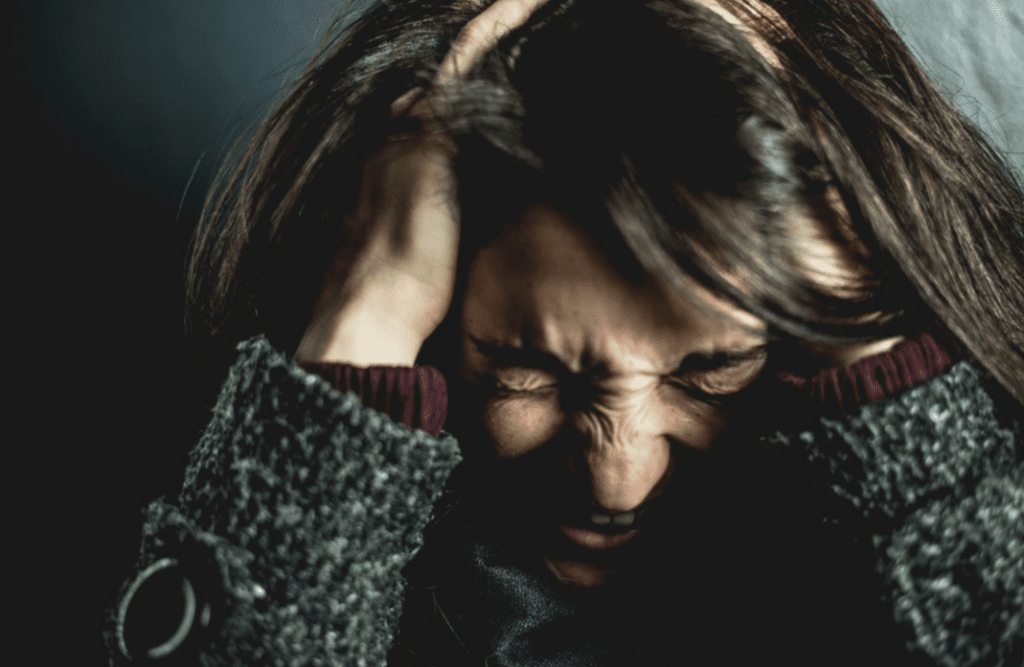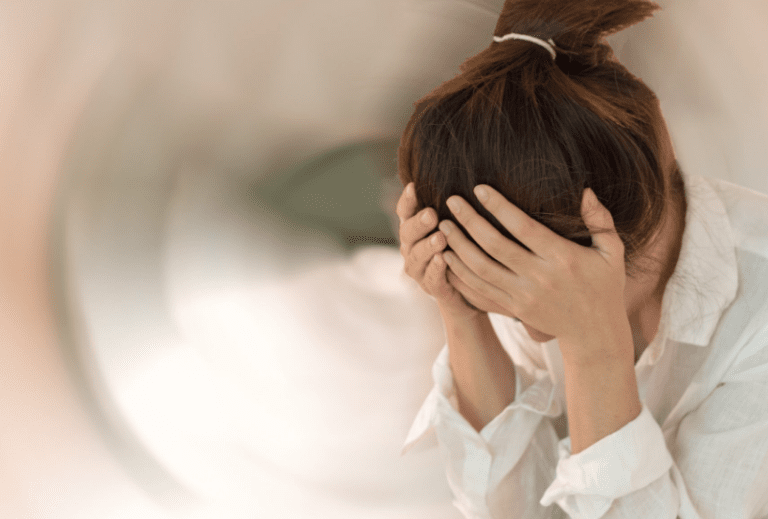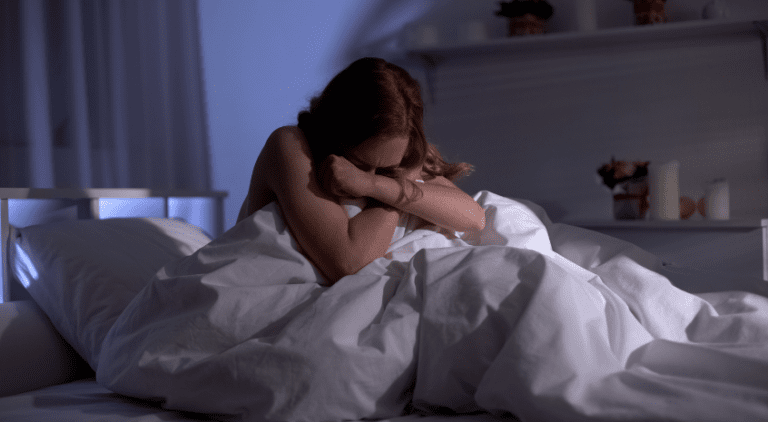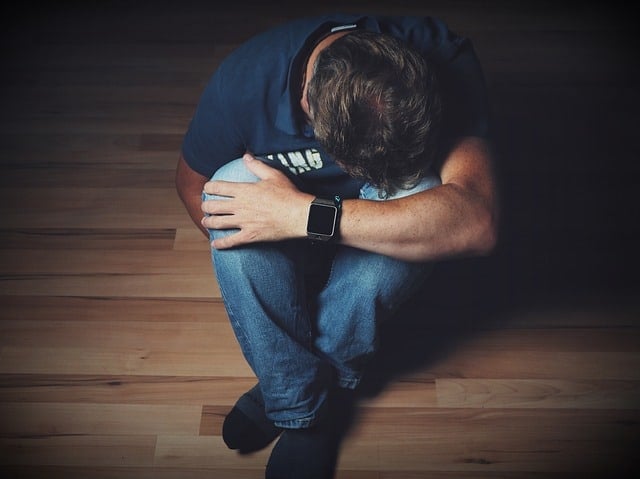Alcoholism and Anxiety: What You Should Know
There is an abundance of evidence linking alcoholism and anxiety. Some researchers believe that there may be a genetic component that increases the likelihood a person with high anxiety will be tempted to engage in higher consumption of alcohol. This would suggest that there is a mechanism in the brain responsible for anxiety that is closely linked with drinking behaviors.
Alcoholism and Anxiety: Are the Two Connected?
In short, yes. Alcohol abuse is correlated with both creating anxiety and worsening pre-existing symptoms of anxiety. Those who regularly drink as a coping mechanism with the intent of reducing symptoms of anxiety are more likely to form a dependence on alcohol and, over time, have increased anxiety symptoms along with other mental health issues.
Studies have shown that individuals who have a social anxiety disorder are more likely to develop a dependence on alcohol compared to those who do not have any social phobia. The upshot is that those with an alcohol use disorder (AUD) are more likely to have co-occurring anxiety or other mental health issues that require a dual diagnosis.
Individuals with anxiety disorders often have more severe withdrawal symptoms as a result of drinking. While it seems like this could deter those individuals from drinking, in many instances, this instead acts as an impetus to avoid withdrawal symptoms by drinking more and, in some cases, throughout the day in order to avoid unpleasant withdrawal symptoms including increased anxiety.

Generalized Anxiety Disorder (GAD) is associated with an increased risk of alcoholism and anxiety. A Comorbid panic disorder, with or without agoraphobia, and Generalized Anxiety Disorder (GAD) are other common reasons that can lead to increased risk and alcohol dependence.
Unfortunately, evidence also shows those with anxiety and panic-related disorders who have developed an AUD are at greater risk for suicide. This may be partly due to neurological changes that result from repeated withdrawals over a prolonged period of abuse.
Anxiety disorders put individuals at an increased risk of relapse after completing an alcohol addiction treatment. Bearing this in mind, it is essential for those in treatment for alcohol addiction with a dual diagnosis of an anxiety disorder to undergo extensive mental health treatment to learn life skills and other relapse prevention tools that have real-world applications.
Relapse prevention education can help those at increased risk for relapse learn how to avoid high-risk triggers that can result in the temptation to engage in problematic behaviors.
AUDs were related to increased psychiatric severity among individuals who were diagnosed with phobic disorders (Schade et al. 2004).
Alcoholism and Anxiety: Understanding the Mental Health Connection
It is completely normal for everyone to have moments when they experience anxiety and stress. There is a difference between experiencing acute moments of anxiety and having an anxiety disorder. An anxiety disorder is a mental health issue that should receive a proper diagnosis by a professional medical doctor or mental health practitioner.
Those with anxiety disorders are advised to seek treatment with a therapist or counselor to learn how to manage their symptoms.
Generalized Anxiety Disorder (GAD)
The primary chronic symptoms associated with Generalized Anxiety Disorder (GAD) include excessive worry and fear concerning everyday tasks that interfere with a person’s ability to function at their full capacity. A person can receive a GAD diagnosis if they have experienced these intense anxiety symptoms for the majority of days over a period of at least 6-months.
Panic Disorder
Panic disorders involve unexpected panic attacks that are sudden and dramatic. These intense episodes cause severe fear and dread. They are debilitating experiences in which a person can feel like they are having a medical emergency related to their mental and/or physical health. It is not uncommon for panic attacks to feel life-threatening for the person who is experiencing them.
Common symptoms of a panic attack include:
- Chest pain
- Heart palpitations
- Difficulty breathing
- Sense of impending doom
- Sense of loss of control
Triggers for panic symptoms can include feelings of claustrophobia (fear of small or enclosed spaces) or agoraphobia (fear of being outdoors, in public spaces, in crowds, in situations where a person might feel trapped). These symptoms are a disproportionate response to a situation that is not as threatening as the individual’s perception.
Social Anxiety Disorder (SAD)
Social anxiety disorder (SAD) (not to be confused with Seasonal Affective Disorder which also uses the acronym SAD) is a social phobia that involves fear of social situations or situations that feel performative such as public speaking.
These feelings are often driven by negative self-talk that can make a person feel like they will be judged harshly or negatively by others and causes intense fear and feelings of shame and embarrassment.

Signs and Symptoms of Anxiety
Anxiety can appear in many forms and has a wide range of side effects from mild to severe. Those who experience mild anxiety might associate it with the result of feeling stressed about work or a change in life circumstances. More severe anxiety can cause debilitating physical symptoms and mental health problems.
A few common physical symptoms associated with anxiety include:
- Fatigue
- Increased heart rate
- Shortness of breath
- Dizziness
- Muscle aches and pains
- Sense of feeling weak
- Headaches
- Digestive issues
- Tingling sensations and numbness
For those with mild anxiety, natural methods of coping with symptoms may help. Example include:
- Good sleep hygiene
- Daily exercise
- Maintaining a healthy diet
- Meditation
- Yoga
Natural methods are often less effective for those with moderate to severe anxiety disorders, especially if a person has a co-occurring addiction such as an alcohol use disorder (AUD).
There is a major difference between having feelings of anxiety and an anxiety disorder. An anxiety disorder such as Generalized Anxiety Disorder (GAD) is associated with symptoms that can include but are not limited to:
- Restlessness
- Irritability
- Shakiness
- Fatigue
- Difficulty focusing
- Excessive sweating
- Hypervigilance
- Fear
- Obsessive thoughts
- Sleep issues
- Muscle tension or pain
There are many mental health disorders that involve anxiety as a feature. These include but are not limited to:
- Social anxiety disorder
- Panic disorder
- Phobias
- Illness anxiety disorder (aka. hypochondria)
- Separation anxiety disorder
- Obsessive-compulsive disorder (OCD)
- Post-traumatic stress disorder (PTSD)
The Connection Between Alcoholism and Anxiety
Anxiety can cause someone to seek out substances like alcohol as a coping mechanism. Over a period of time, substance abuse can easily lead to addiction. Drinking can increase anxiety, especially during periods of withdrawal. These factors and more can result in fueling the cycle of abuse.
Individuals who have developed addictions, including an alcohol use disorder (AUD), also typically have a co-occurring mental health disorder, such as anxiety, and are in need of a dual diagnosis.
Mental health counselors who practice Cognitive-behavioral therapy (CBT) are trained to diagnose co-occurring disorders and determine if clients are in need of a dual diagnosis. Treating an individual’s core issues, not just the results of those issues, is an important aspect of relapse prevention.

Cognitive-behavioral therapy (CBT) is known to be an effective method for reducing symptoms of anxiety. Engaging in CBT sessions with a trained CBT counselor can help you navigate feelings of anxiety and help you address the core issues that are leading to these emotions.
Once a person receives a proper diagnosis, it becomes possible to properly treat them in an appropriate manner. Anxiety is an extremely common reason why individuals abuse substances. In CBT therapy, clients learn are a variety of healthy and positive coping strategies that include:
- Life skills with real world applications
- Ways to avoid high risk triggers
- Stress management techniques
CBT therapy can help those who struggle with alcoholism and anxiety to learn how to navigate sober living once they are in recovery.
How Cognitive-behavioral Therapy (CBT) Works
Cognitive-behavioral Therapy (CBT) is based on the concept that a person’s perceptions are deeply connected to their reactions. Put another way, how a person interprets a situation directly relates to their understanding of their experience.
How individuals perceive their experiences tends to be distorted because they are looking at it from a personal perspective. In our own minds, we are the center of the universe. We often misunderstand the full picture of a given situation and as a result, fail to come to logical conclusions.
CBT helps clients take a step back and better understand why certain feelings, beliefs, and actions result in particular outcomes. The goal is to change your thought processes and behaviors so they are better aligned with realistic outcomes. Understanding how and why individual choices yield specific results makes for more predictable and comprehensible outcomes.
CBT helps individuals better understand how to navigate personal relationships. Having realistic expectations and knowing why what you say or do results in particular responses from others can help relieve the anxiety associated with not understanding why your statements and actions have results that do not make sense to you.
After undergoing CBT treatment, clients should feel like they have made progress working towards their intended goals. New treatment plans with a new set of goals is always a possible next step.
Contact Us Today for Help with Alcoholism and Anxiety
If you or someone you care about is struggling with alcoholism and anxiety, we encourage you to reach out to the professionals at Oasis Recovery for assistance.
Our team of medical experts will work with you to create a personalized integrated wellness plan that can help you get your life back on track. Contact us or call us today to speak with a specialist about treatment options for lasting recovery.








